Entrepreneur Profiles
Entrepreneur Profile: Juan Martín Delgado Londoño, Co-founder and COO, Ecociclus
25 March 2014
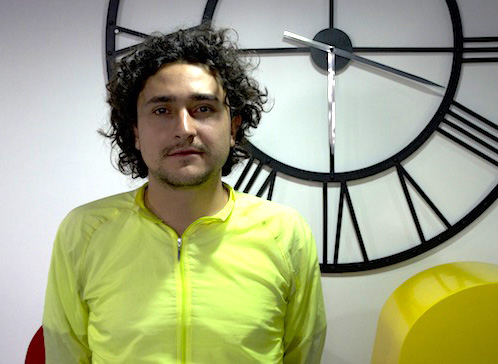
Juan Martín Delgado Londoño, Co-founder and COO of Ecociclus, a new enterprise waste marketplace and management tool, spoke with LAVCA to describe their early stage efforts in Colombia and future plans to expand in the region.
LAVCA: Please summarize your business. How did the idea for Ecociclus come about? Who is the target market for Ecociclus?
Londoño: Ecociclus is an enterprise waste marketplace and management tool. Our clients are waste generators (essentially every single company, regardless of its activity or size) and waste management companies. Through the Ecociclus platform, these companies can find buyers or sellers of waste that can be converted into raw materials, and also offer or hire waste management solutions (including disposal services).
The idea came about when we found that so many companies were paying tipping or disposal fees for waste that can actually be converted into raw materials. The reason they were paying is because they did not know or did not have an easy way to find their counterparties.
We currently operate in Colombia, however – we have reached out to potential customers in Ecuador and Panama, and they are willing to participate.
LAVCA: What problem does Ecociclus solve?
Londoño: Our purpose is to increase recycling and reusing rates – and as a consequence, reduce landfill utilization. The latter translates into savings for both waste generators and buyers of raw materials.
In addition to the above, since we are profiling almost every waste management company in Colombia, for now – the decision making process for hiring waste management solutions will become simpler: more competitive, transparent, responsible, etc. Today, it is not easy for waste generators to find the most appropriate solution or for waste management companies to promote themselves.
Last but not least, companies can use Ecociclus to trace their waste stream and to build their waste “portfolio”, sustainability metrics, reports (i.e. hazardous waste generation needs to be reported to local authorities). The platform also enables participants to easily interact: communicate and exchange documents, etc. No more e-mail, no more Excel reports.
LAVCA: What is your background (and the background of the other founders)? How does it contribute to the success of Ecociclus?
Londoño: My partners have been active in the waste management industry for more than 30 years. They are leading manufacturers of waste incinerators and used to operate an incineration facility in Colombia.
I spent 4+ years in investment banking throughout Latin America. I believe we integrate a very balanced team.
Additionally, Ecociclus is backed by Wayra (Telefonica’s Digital Business Incubator). They have been key at supporting our product development process.
LAVCA: Can you give some examples of “waste” and how it is bought/sold, as well as how it might be re-used post transaction?
Londoño: Paper and cardboard, plastic, metal, and glass are all partially commoditized already. Our bet is to build a more robust and informed market for them in order to make it more competitive. Additionally, organic waste, for example, can be composted (to produce fertilizers) or generate energy.
There is other hazardous waste (i.e. paints, solvents, etc.) that can be recovered through chemical or physical processes, instead of being incinerated.
It all depends on the nature or condition of waste – but almost everything can be recycled, reused or recovered via simple or complex processes.
On Ecociclus, waste generators can sell (or give up) their waste stream through auction or direct contracting. Again, it all depends on the nature or condition of waste, and the number of participating counterparties having the required technology and interest. There are some generators that look for total waste management solutions – for them, we offer Ecociclus as an “enterprise resource planning” (ERP) tool so they can streamline their waste management process with their selected buyers / suppliers.
LAVCA: Do you actively collaborate with regulators or environmental authorities about sustainability and best practices?
Londoño: Yes. Not actively, however.
We have approached staff at both national and local authorities such as the Ministry of the Environment and Bogota’s Utilities Administrative Unit to get to know their priorities, needs, existing and undergoing regulation and practices, share Ecociclus objectives, etc. More on the informational side at this stage.
Nonetheless, we consider agencies and authorities relevant parties not only for the execution of our plan, but also in general for the years to come in terms of environmental protection. Regulation is becoming more stringent, everywhere, waste stream and its final destination are being more controlled and monitored.
Based on the above, our plan is to get closer and actually have some meetings in the short term.
Regionally, we will be touching base with country specific authorities.
LAVCA: What has been the response from your constituents?
Londoño: It has been very positive. Relevant clients are collaborating with us in refining the platform – some are currently running pilots. They are providing feedback to make sure our product fits their needs. They have all understood and agreed on the need of a more articulated market.
Besides the above, we have approached corporate associations in Colombia that have identified Ecociclus’ value, hence they are willing to partner with us and introduce us to their affiliates.
LAVCA: What challenges have you had to face creating this marketplace?
Londoño: Getting the Product / Market fit is not easy and takes longer than expected. We initially started as a pure waste marketplace (for selling / buying potentially recyclable or reusable waste) and after extensive research, interviews, and feedback, we found out that a pure marketplace as we conceived it, would not be sustainable. Then, we slightly pivoted and introduced other features that are more engaging – there is so much to be done going forward, but we believe we are going into the right path.
LAVCA: What financing have you received so far? From whom? How have you/do you plan to use the financing?
Londoño: Ecociclus received US$50k from Wayra, Telefonica’s Digital Business Incubator. As of today, we have invested most of it in product development and customer acquisition. We have a few more months of cash – so here we are.
We are not making any revenues yet – but after running the pilots abovementioned, we expect to start doing so before June 2014.
LAVCA: What resources have you used in your search for financing?
Londoño: We officially started back in December 2013 and have reached out to some potential investors that are familiar with Wayra’s initiative – part of Wayra’s Network. We were also introduced to an Angel Network in Colombia and we will start working with them.
The Latin American Impact Investing Forum (FLII), which took place in Mexico in February 2014 was also relevant and some interesting leads came out of it. We are following up with potential investors and partners we met there.
And given the size of this seed round, we are leveraging family and friends.
LAVCA: Tell us about the current round you are raising? What type of investor(s) are you looking for (local, international) and why?
Londoño: We are raising US$300k to fund 2014 and be able to consolidate in Colombia.
Since our business model is fully replicable in any other countries in Latin America, a regional investor would be key. We are looking for investors with previous experience in either (or both) SaaS, CRM, ERP or / and utilities (water and sewage, energy, etc.). We believe a combination would be great. Although we understand we are out of the scope of many institutional investors, because of the size of the round, we are having conversations with some and are open and willing to have institutional funds on board.
LAVCA: Where do you see your company in five years? Do you have plans to grow across other markets?
Londoño: 5 years from now, we see our company in the entire region: from Mexico to Brazil – and being the largest waste network, marketplace and enterprise solution out there.
You may be interested in...
-
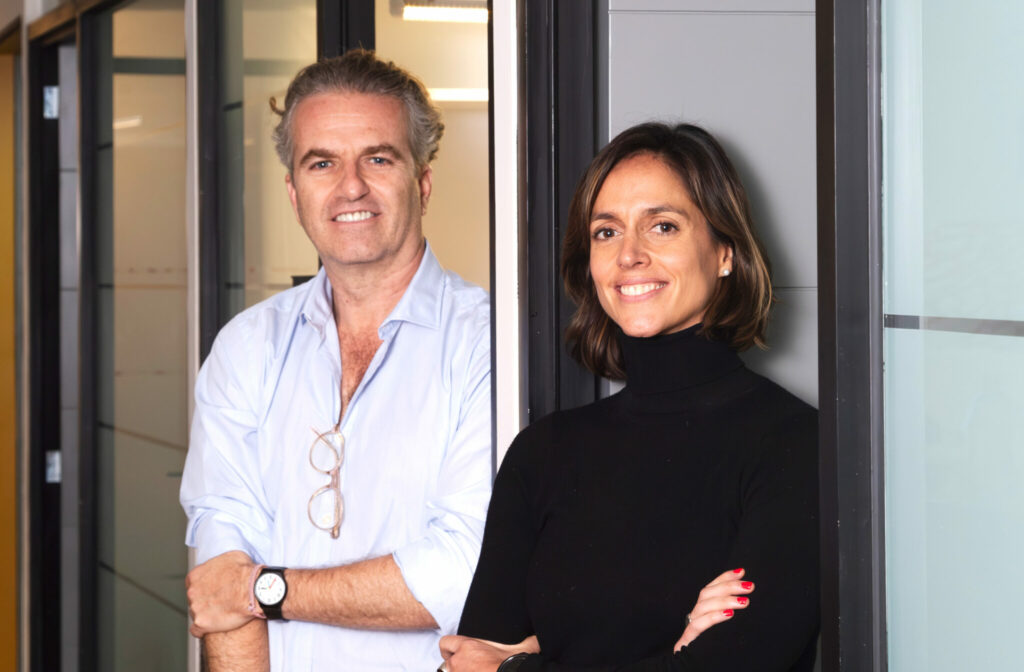
Is AI a Thing in Latin America? In Conversation with Hi Ventures
LAVCA sits down with Hi Venture to discuss their evolving thesis and vision for...
-
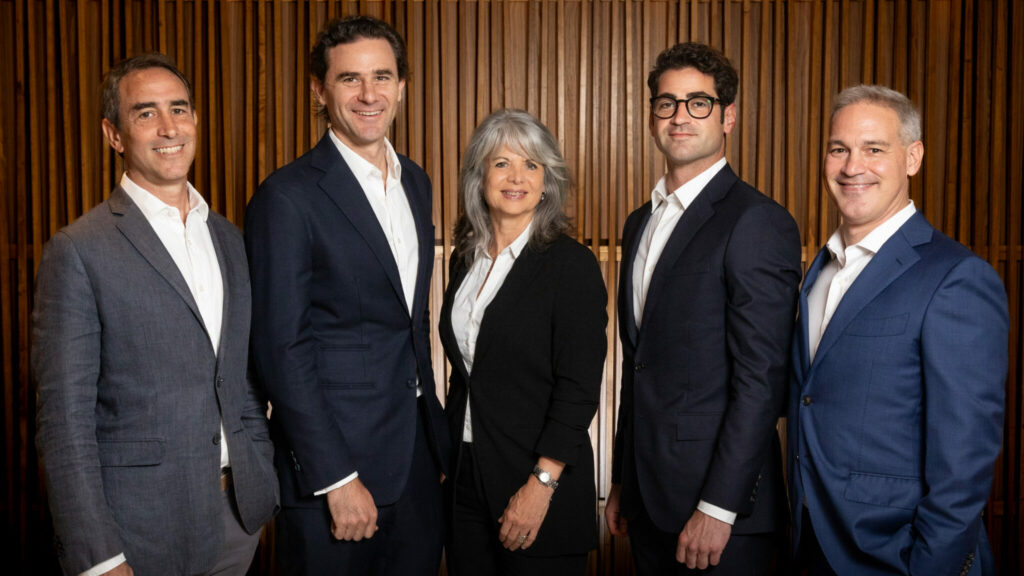
The Future of B2B Startup Investing in LatAm: In Conversation with NXTP
NXTP Ventures recently reached a USD98m final close for NXTP Fund III, its third...
-
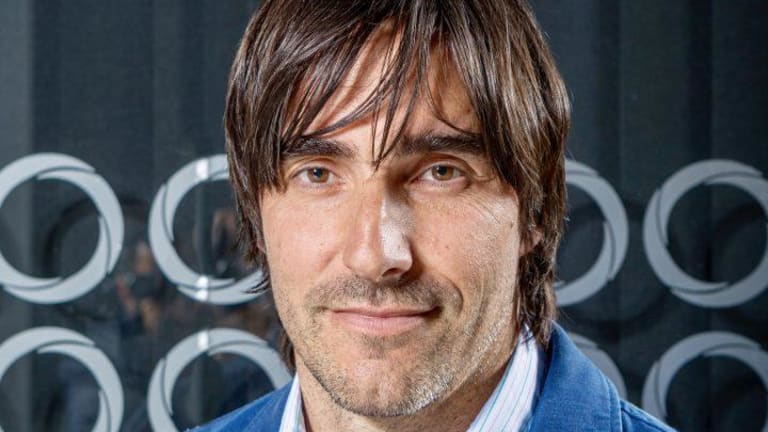
A 20-Year Journey: An Interview with Technisys CEO Miguel Santos
Company: Technisys Investors: KASZEK, Dalus Capital, Riverwood Capital Interview...
-
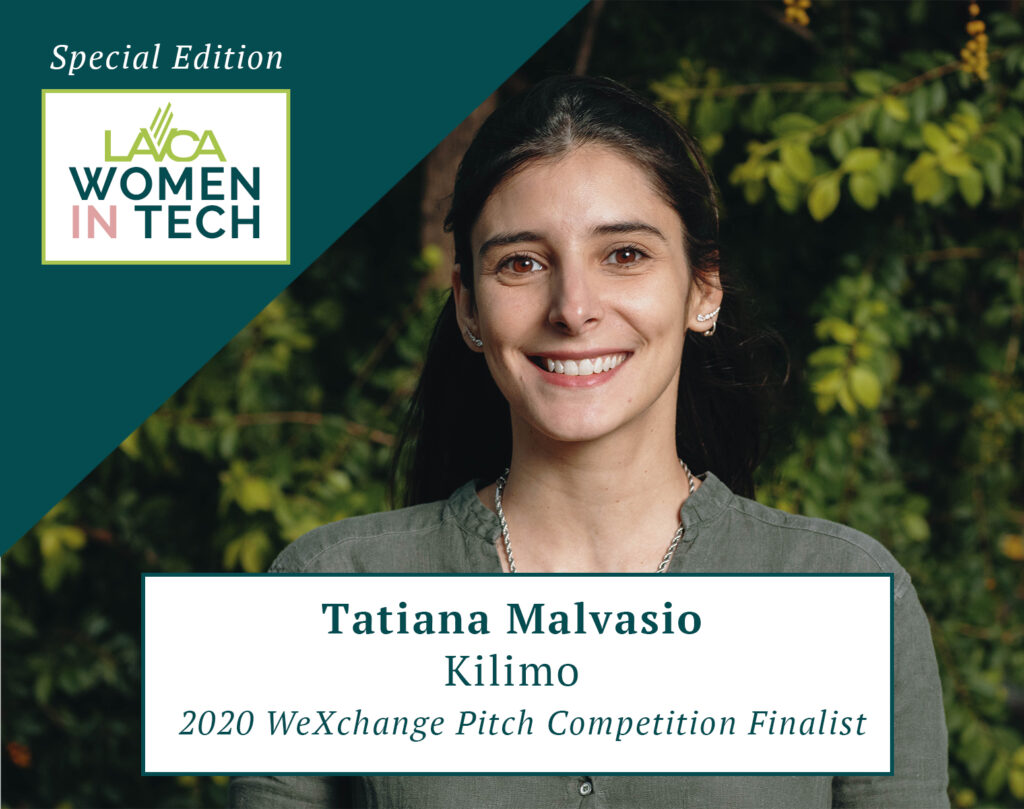
Satellite Analytics & Irrigation Systems: Interview with Kilimo COO Tatiana Malvasio
Company: Kilimo Investors: NXTP Ventures, Alaya Capital, The Yield Lab, Xpand...